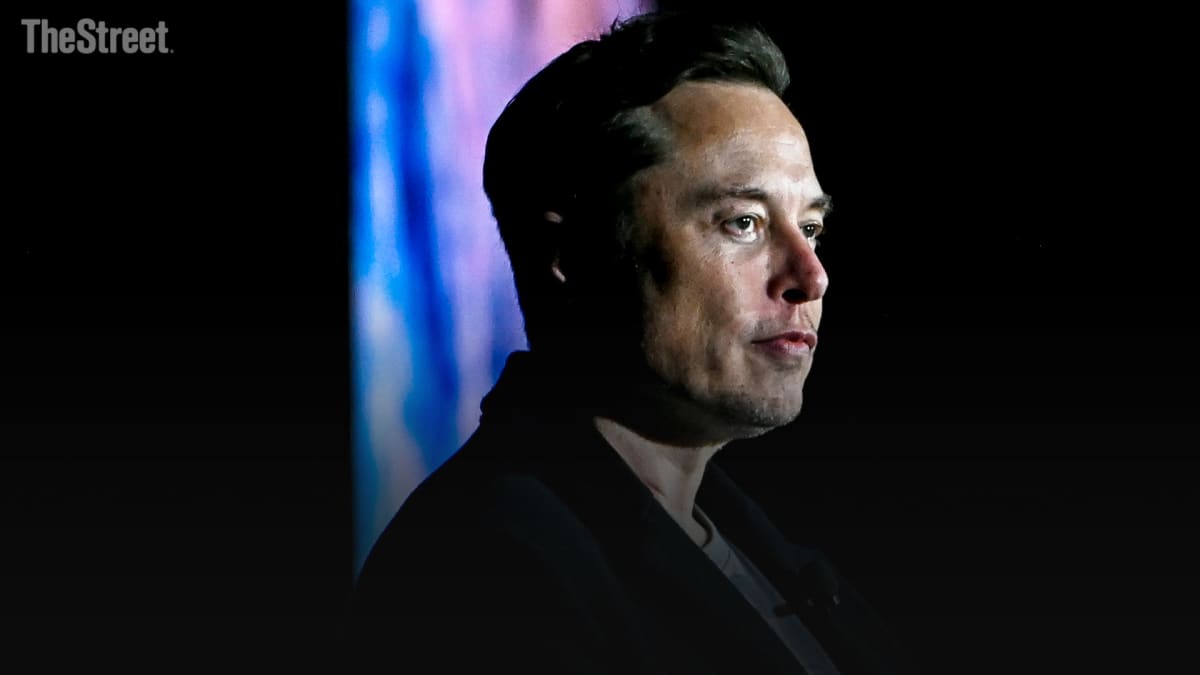
He wasn't put off by the tech fiasco that was his meeting with Gov. Ron DeSantis.
On May 24 Elon Musk hosted an interview/conversation on Twitter with the Republican governor of Florida. During this exchange DeSantis was to declare his candidacy for president in 2024.
DeSantis sees himself as former President Donald Trump's main rival for the Republican nomination. And many pundits agree,
The problem for DeSantis is that Trump has built out a huge polling gap with the entire Republican field. National polls give him at least a 30-point lead over second-place DeSantis.
The interview with Musk was designed to introduce the rising star to the wider public and, in particular, to the nearly 142 million followers of Musk, who in recent months has become a hero of conservatives. This position stems from his decision to make Twitter a center of free speech without safeguards against hate speech or misinformation.
The interview was marred by technical problems, starting nearly half an hour before the scheduled time. This discouraged thousands of Twitter users who initially logged on. Media coverage slammed both Musk and DeSantis.
Critics also accused Musk of politicizing Twitter by publicly endorsing a political party candidate. Most social networks try as much as possible to put a distance between themselves and politicians, often limiting themselves to supporting efforts to encourage people to vote.
Musk Wants to Interview Robert F. Kennedy Jr. on Twitter
Musk tried to play down the failure by claiming that the event had been the center of global attention and then exaggerating the idea that DeSantis had raised a record amount of money on the same day.
On this last point he was fact-checked by Community Notes, the system he put in place to oversee the veracity of information on the platform.
To sweep away the criticism, Musk had said that all candidates were welcome. The billionaire has just put this promise into practice by inviting one of President Joe Biden's rivals for the Democratic nomination, Robert F. Kennedy Jr.
The invitation came after Kennedy complained on Twitter about being censored by Instagram, one of social-media giant Meta Platforms' (META) sites.
"Interesting… when we use our TeamKennedy email address to set up @instagram accounts we get an automatic 180-day ban. Can anyone guess why that’s happening?" the presidential hopeful wrote on June 1.
He added that: "To silence a major political candidate is profoundly undemocratic. Social media is the modern equivalent of the town square. How can democracy function if only some candidates have access to it?"
Musk then did not hesitate to make him an offer.
"Would you like to do a Spaces discussion with me next week?" the tech luminary asked Kennedy on June 2.
RFK Jr. Jumps at Chance to Speak With Musk
Kennedy jumped at the offer and accepted it.
"Yes! How's Monday at 2 p.m. ET?" he responded.
The exchange between the two men was welcomed by many Twitter users including Jack Dorsey, who co-founded Twitter.
"This would be great," Dorsey commented.
RFK Jr. announced his presidential bid on April 19. He is the son of former presidential candidate Robert Kennedy, who was assassinated in 1968, and the nephew of President John Fitzgerald Kennedy, who was assassinated five years earlier.
A lawyer specializing in environmental issues, he has been known since 2005 to propagate conspiracy theories on vaccines, in particular linking autism to one of their components.
Kennedy, 69, is one of the few Democratic Party candidates to challenge Biden, 80, for the nomination in next year's primary campaign.
Kennedy has a following among conspiracy theory fans on the right. While he supports abortion rights and gun control, his positions against vaccines make him a darling in the right-wing media where he is often invited.
The scion of the Democrats' most prominent family also questions the U.S.'s support for Ukraine in the war with Russia.







